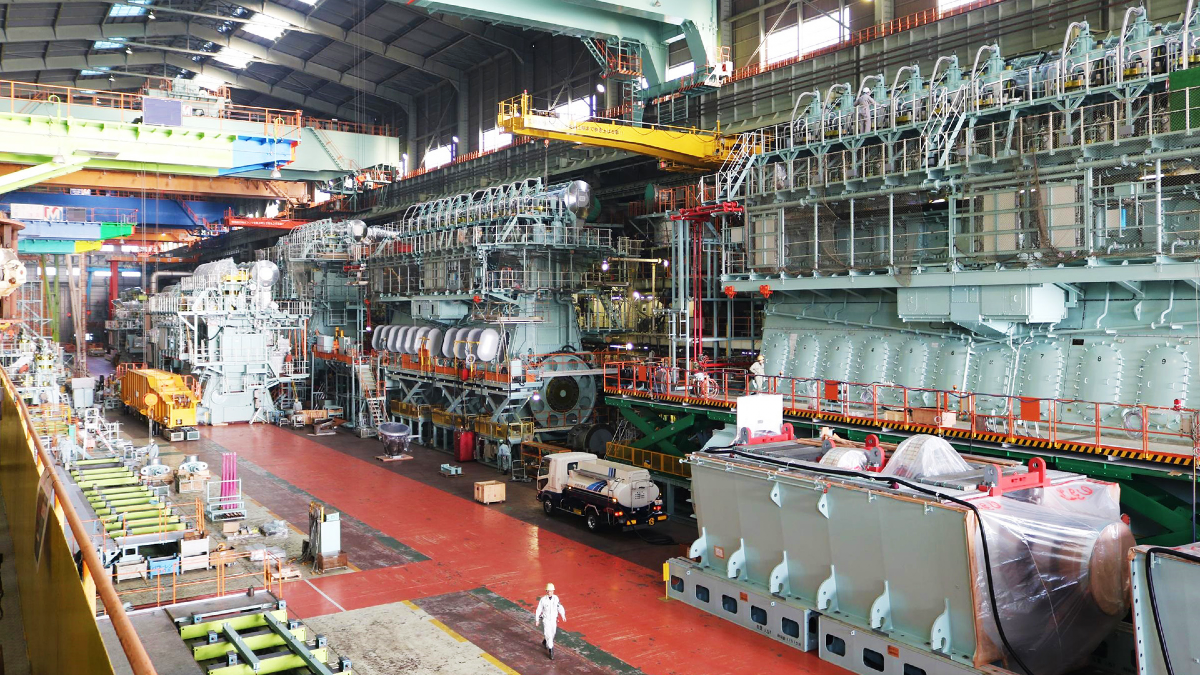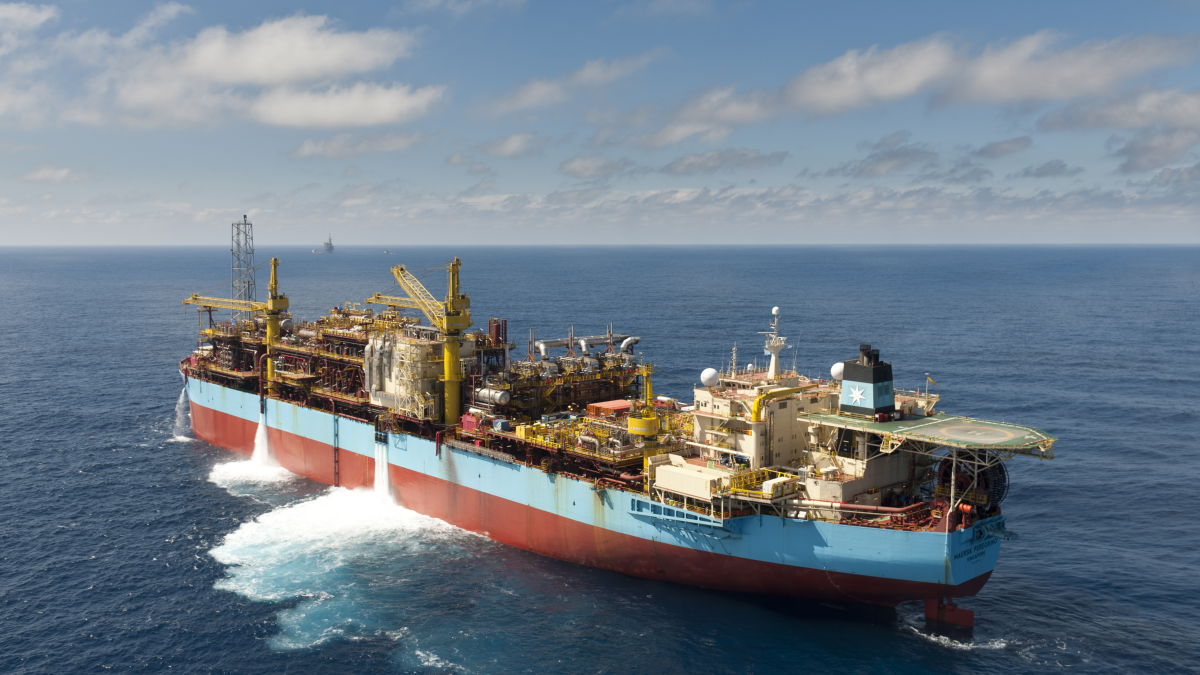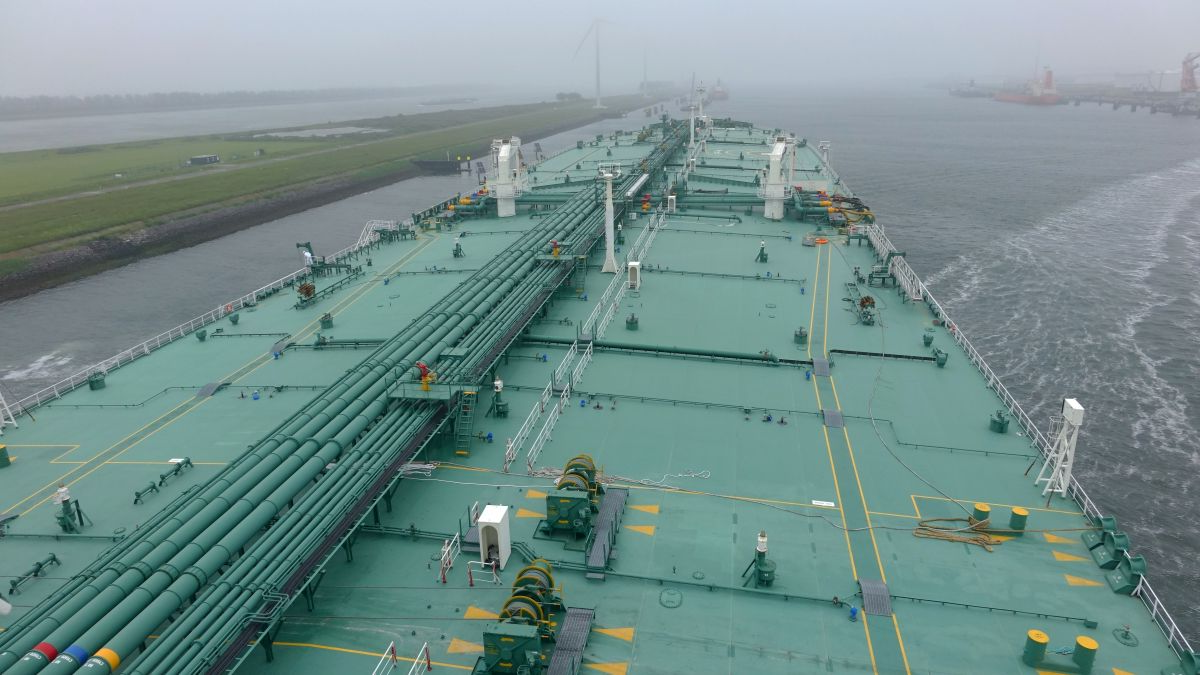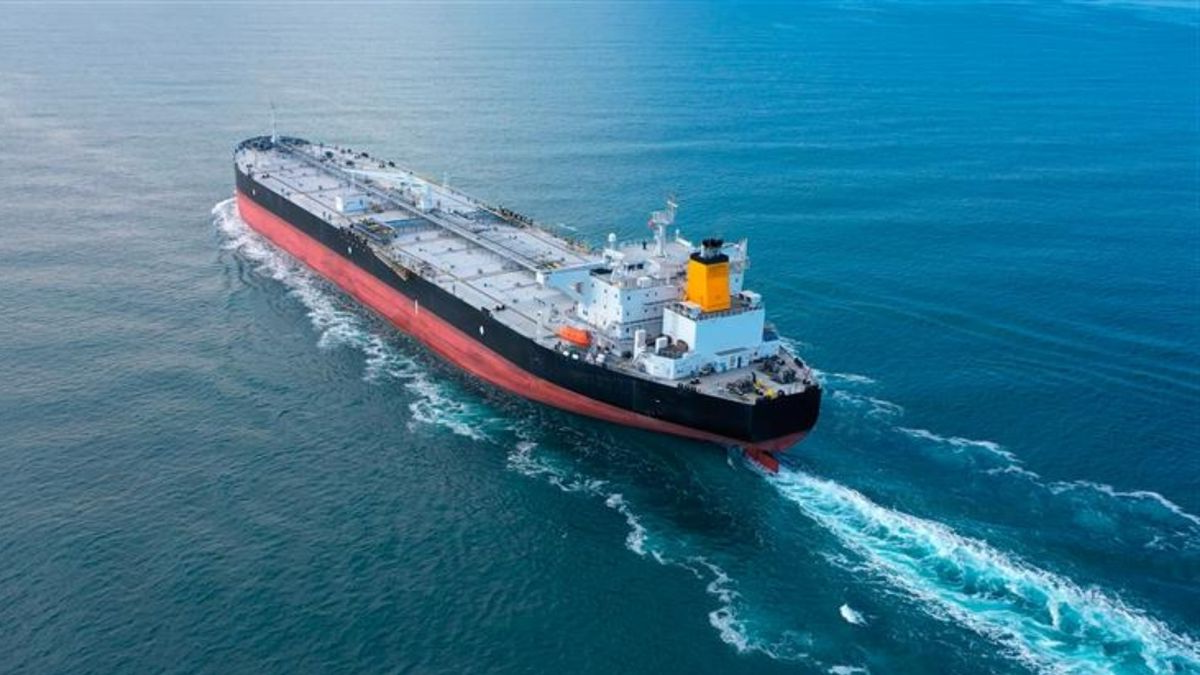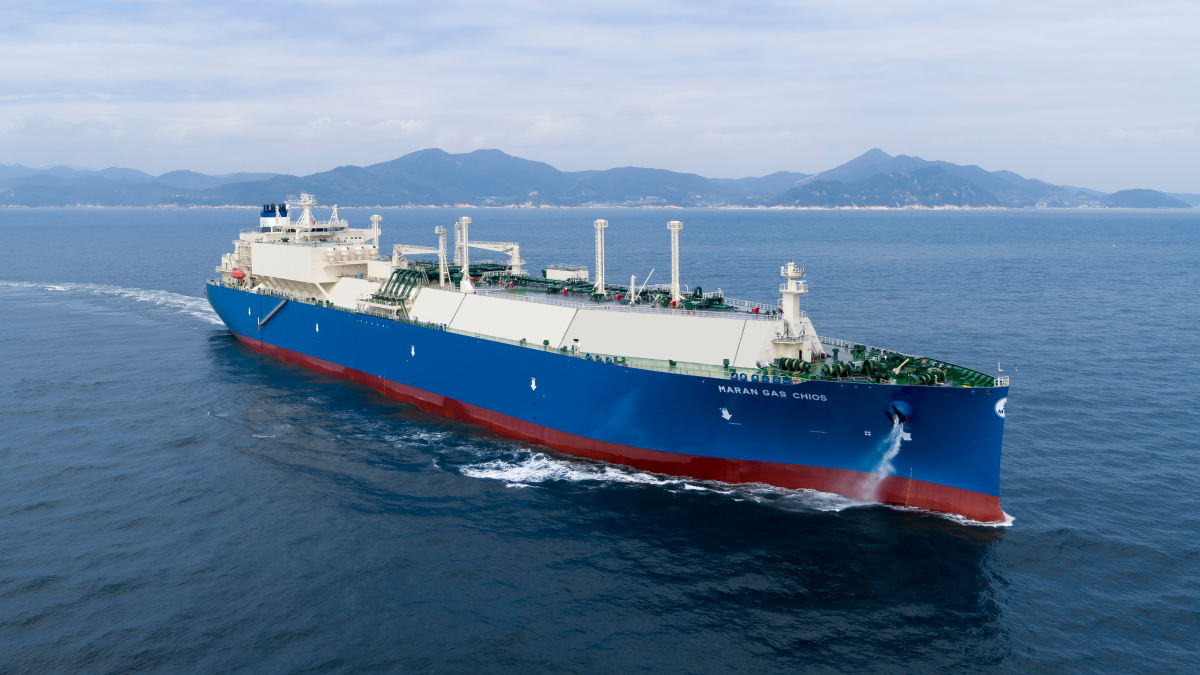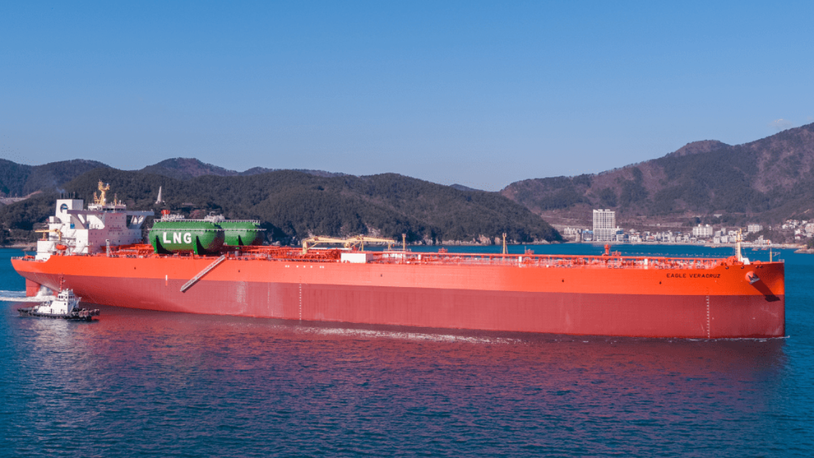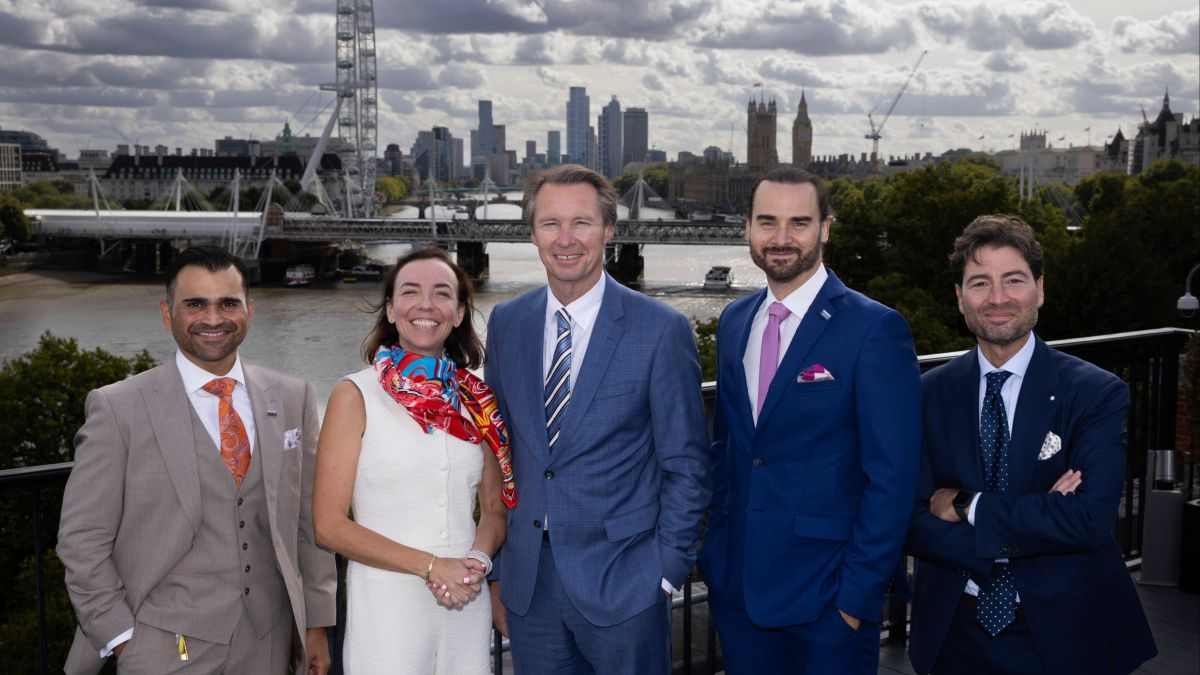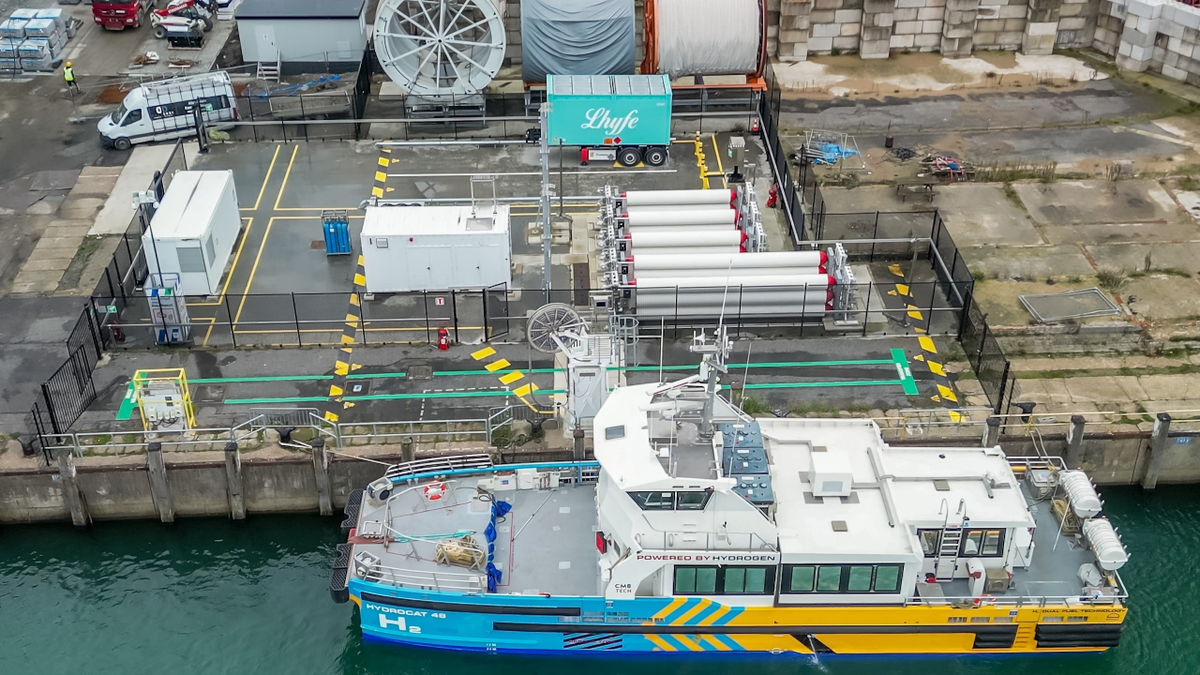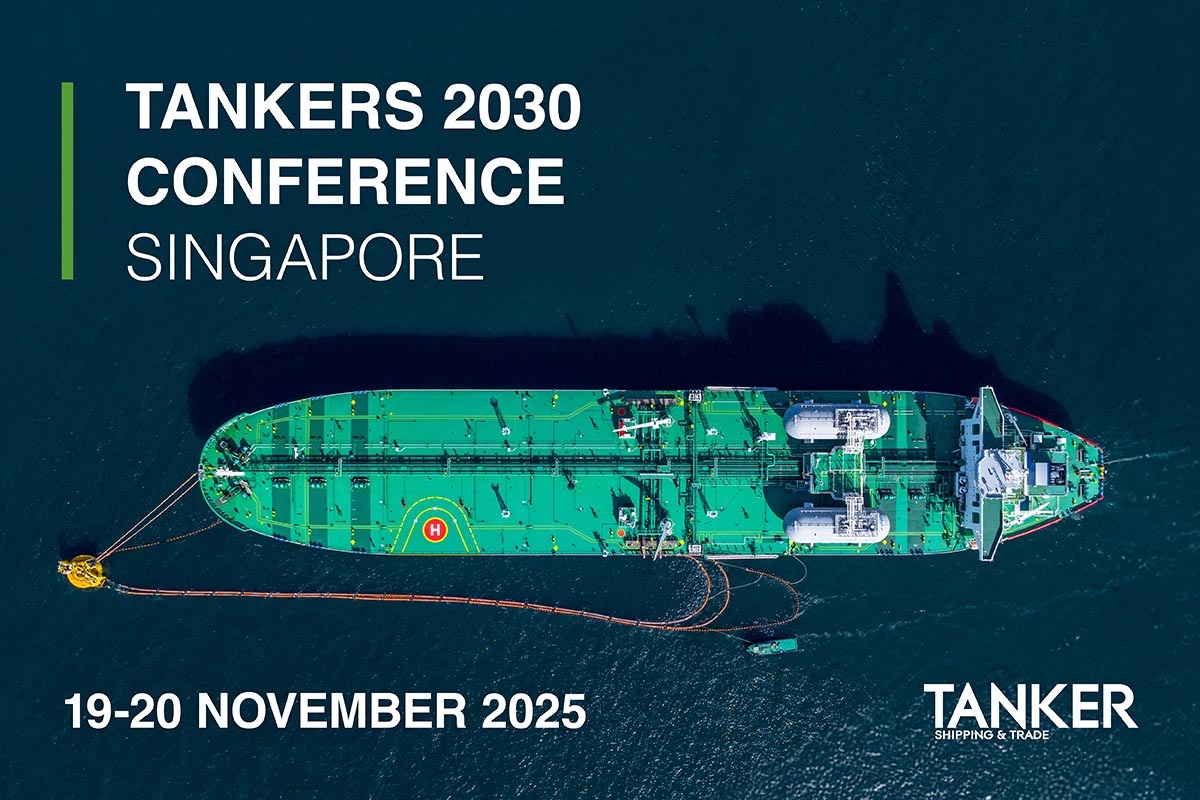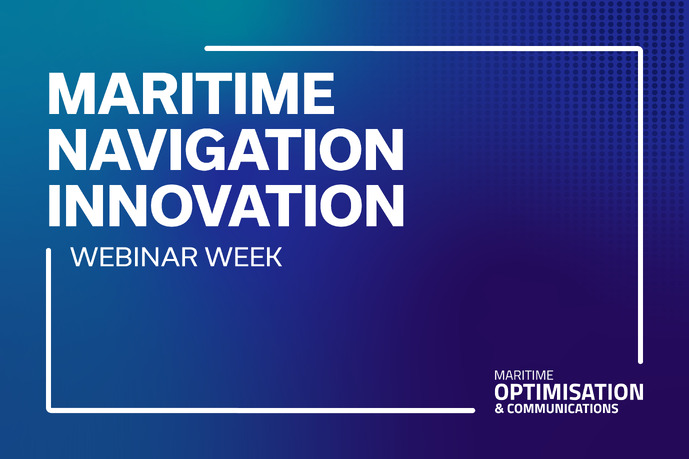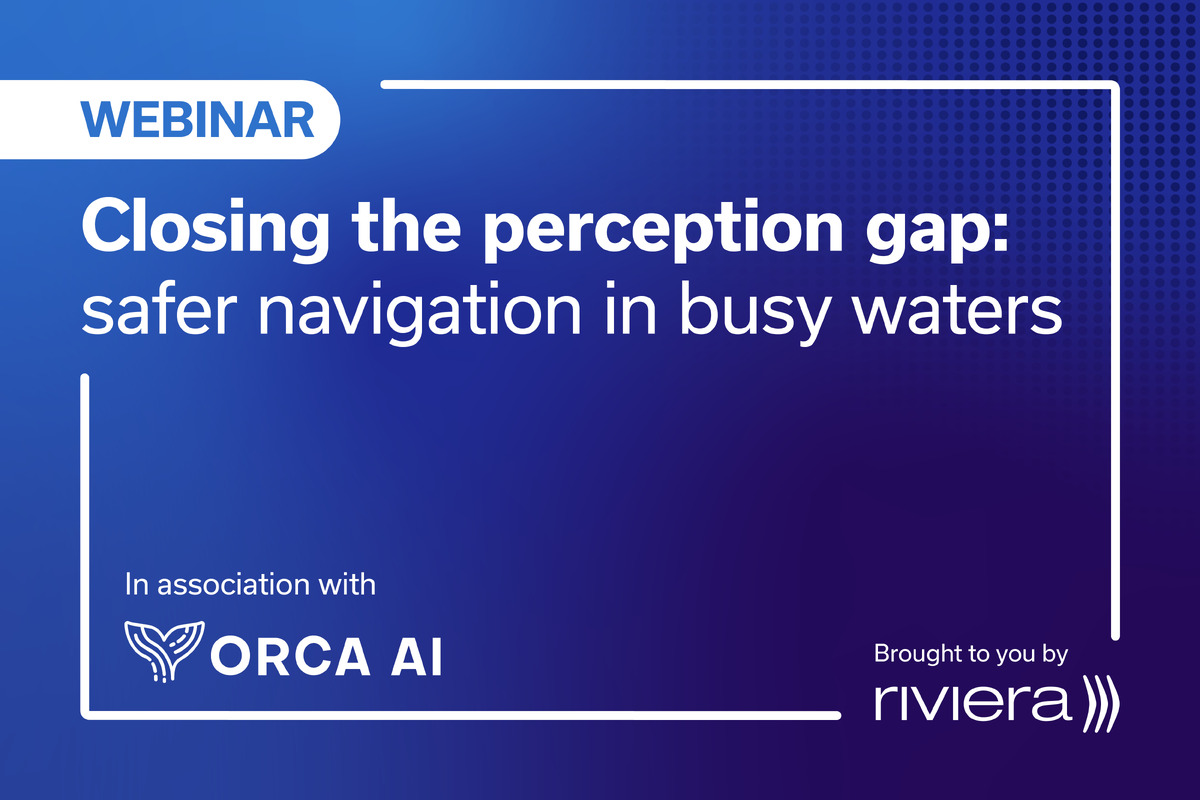Business Sectors
Contents
Large bore two-stroke marine engine runs successfully on ethanol
Everllence tests ethanol in ME-LGIM engine, advancing its use as an alternative fuel and potential in retrofits of existing engines
Danish engine maker Everllence reported the successful testing of ethanol as a fuel at all load points in a 90-bore, two-stroke dual-fuel ME-LGIM engine in Japan. The successful testing shows the potential of offering retrofits on existing two-stroke engines.
Ethanol – the ‘other alcohol-based fuel’ – has been gaining interest among vessel owners in such markets as Brazil, one of the world’s largest producers of renewable ethanol. Brazil’s oil and gas major, Petrobras, has issued tenders for platform supply vessels that could use ethanol in dual-fuel engines in combination with batteries. Wärtsilä has reported significant progress on the development of ethanol-burning four-stroke engine technology. And two-stroke ethanol dual-fuel engine technology could potentially be used in tankers being built in Brazil.
Everllence’s ME-LGIM dual-fuel engine was first used commercially with methanol – LGIM stands for ‘Liquid Gas Injection Methanol’ in 2016 within the methanol carrier segment. Since its commercial launch in the methanol carrier sector, Everllence has expanded its methanol dual-fuel engine portfolio and has now sold more than 225 units for various types of newbuildings. There are more than 50 engines in operation, according to the engine maker.
Everllence said that by building on its ME-LGIM platform, it now has a fully operational engine with which to document ethanol capabilities.
“The past few years have brought steadily growing interest in ethanol from the market” said Everllence senior vice president, two-stroke R&D head, Ole Pyndt Hansen. “With this latest development, we now have the technical know-how from an actual running engine to take us to the next level. Our data confirms our earlier assumption that we could run our ME-LGIM engine on ethanol without issues” he said.
Bjarne Foldager, Everllence, head of two-stroke business, said “We already have five dual-fuel technologies in service, along with an ammonia-powered engine that is on the verge of release. Now we need legislation in place that considers the case of ethanol as a viable fuel source, and we need a requisite market demand.”
“The successful conclusion of running in Japan means that we are now significantly closer to offering ethanol as a retrofit product, especially on the S90 engines already equipped with ME-LGIM engine technology," Everllence senior vice president, PrimeServ Denmark head, Michael Petersen added.
"In general, introducing ethanol capability to retrofitted engines will bring those customers of ours wishing to pursue alcohol-burning engines – as their pathway to IMO-defined net-zero – to a similar technology-readiness and capability as those directly adopting from our existing engine portfolio."
Riviera’s Maritime Decarbonisation Conference, Europe will be held in Amsterdam Schiphol Airport, 30 September to 1 October 2025. Click here to register your interest in this industry-leading event.
Related to this Story
Events
International Bulk Shipping Conference 2025
Tankers 2030 Conference
Maritime Navigation Innovation Webinar Week
© 2024 Riviera Maritime Media Ltd.


